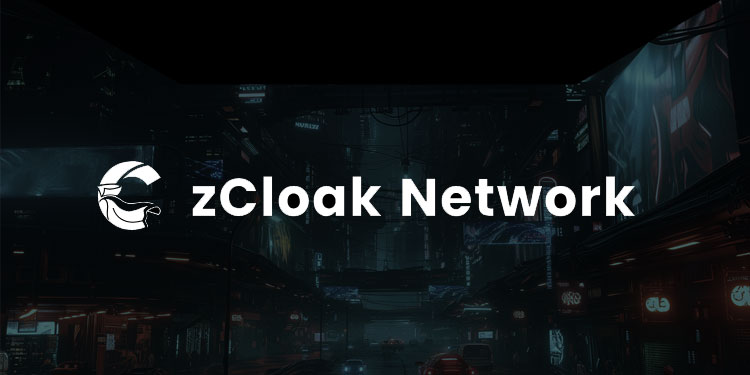
Dr. Zhang, the founder of zCloak Network, emphasized the significance of finding a balance between regulation and compliance within the inherently decentralized and open Web3 space. He likened the current state of affairs to bringing “law and order to the wild west.”
The world of cryptocurrency and Web3 technology has long celebrated its commitment to openness and anonymity. The rise of DeFi protocols and the digitization of tangible assets have ushered in a transformative era for the financial sector. However, this exciting frontier also presents a series of formidable challenges.
zCloak Network advances the Web3 identity landscape with Legit ID, redefining KYC while balancing decentralization and compliance
In the digital realm, the presence of global regulations and compliance can be viewed as a double-edged sword, particularly for unregulated or malicious activities. Decentralization, a core tenet of Web3, raises valid concerns related to investor protection, privacy, jurisdiction, and transparency.
Governments and regulatory bodies are now actively seeking solutions that strike a balance between decentralization and accountability, with a particular focus on the tokenization of real-world assets. As the industry shifts its attention in this direction, Know Your Customer (KYC) and Anti-Money Laundering (AML) solutions are emerging as potential answers to the regulatory complexities.
While KYC and AML are vital for verifying legitimate transactional data and preventing illicit activities on blockchains, traditional KYC practices have faced resistance within the Web3 and cryptocurrency realm. This opposition primarily stems from the incongruity between conventional KYC methods and the principles of user autonomy and privacy.
This underscores the urgent need for an overhauled KYC system that adheres to global regulations while respecting user privacy. Legit ID, born from zCloak’s extensive work in the realm of zero-knowledge proof and identity, steps into this breach.
The slogan, “KYC once, recognized everywhere,” encapsulates the fundamental principle of Legit ID. It involves a one-time KYC verification stored securely on the user’s device, which can be universally validated.
Built on zCloak’s zkID protocol, Legit ID leverages zero-knowledge proof technology and decentralized identity, ensuring a secure, privacy-centric, and adaptable KYC process.
Legit ID boasts a notable feature in its ability to ensure omni-chain availability. This means that KYC data, stored off-chain using the W3C DID and VC protocol, can be seamlessly shared with smart contracts operating across multiple blockchains. This includes prominent platforms like Ethereum, Solana, Sui, and any Layer 2 or 3 network, all without incurring bridging fees.
Additionally, Legit ID offers real-time Anti-Money Laundering (AML) updates. These dynamic AML/CTF alerts provide instant notifications to safeguard businesses, investors, and users against potentially risky or insecure addresses.
Furthermore, Legit ID places a strong emphasis on fine-tuned identity information. The system enables customization, allowing each verifier to tailor criteria and verification processes to meet specific requirements.
In summary, zCloak Network’s Legit ID represents a pivotal development in the Web3 space, offering a pragmatic solution to the challenges of KYC and AML compliance while preserving user privacy. By introducing omni-chain availability and real-time AML updates, Legit ID not only streamlines the verification process but also enhances security and transparency across the Web3 landscape. This innovation underscores zCloak Network’s commitment to advancing the convergence of decentralization and regulatory compliance within the evolving digital ecosystem.